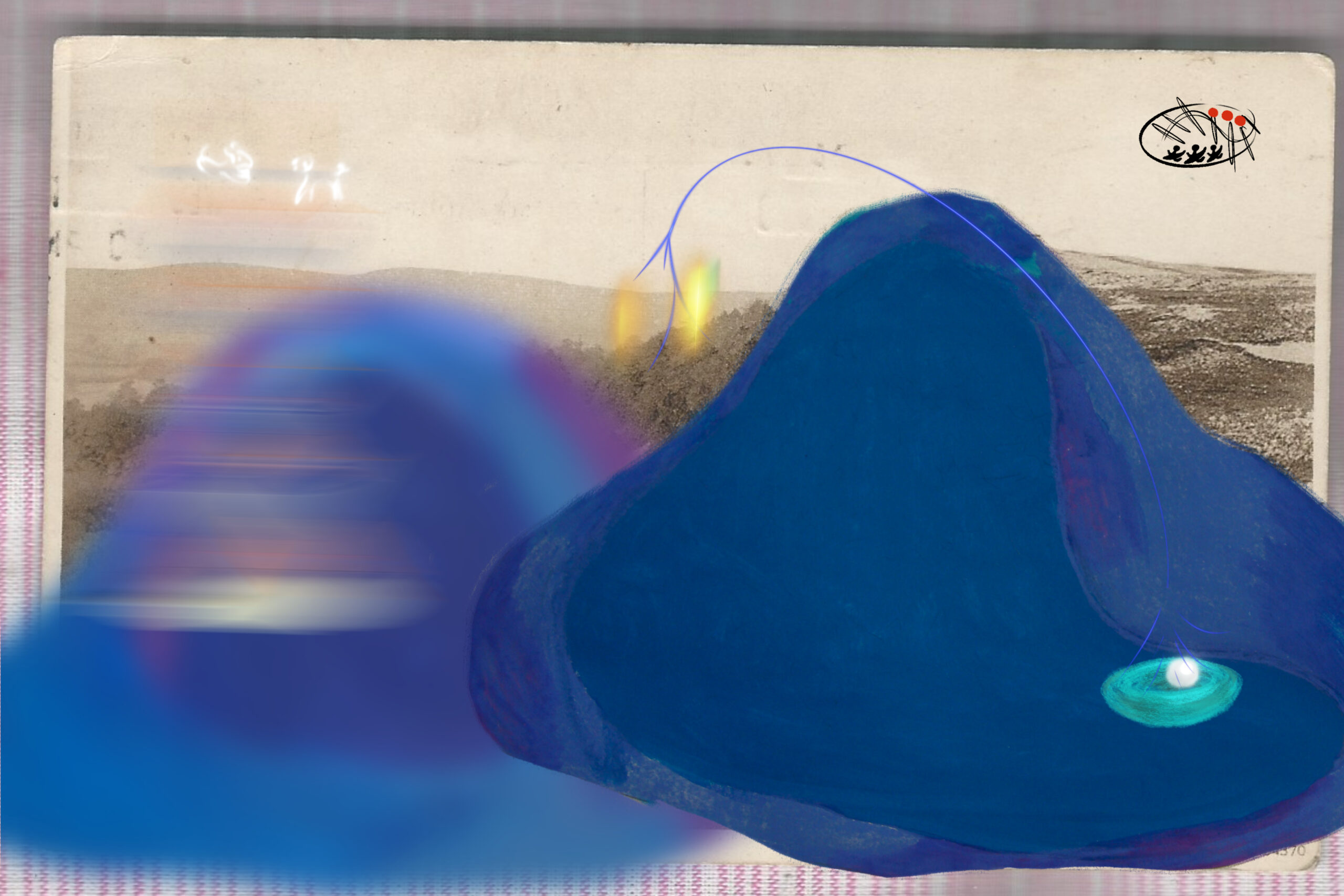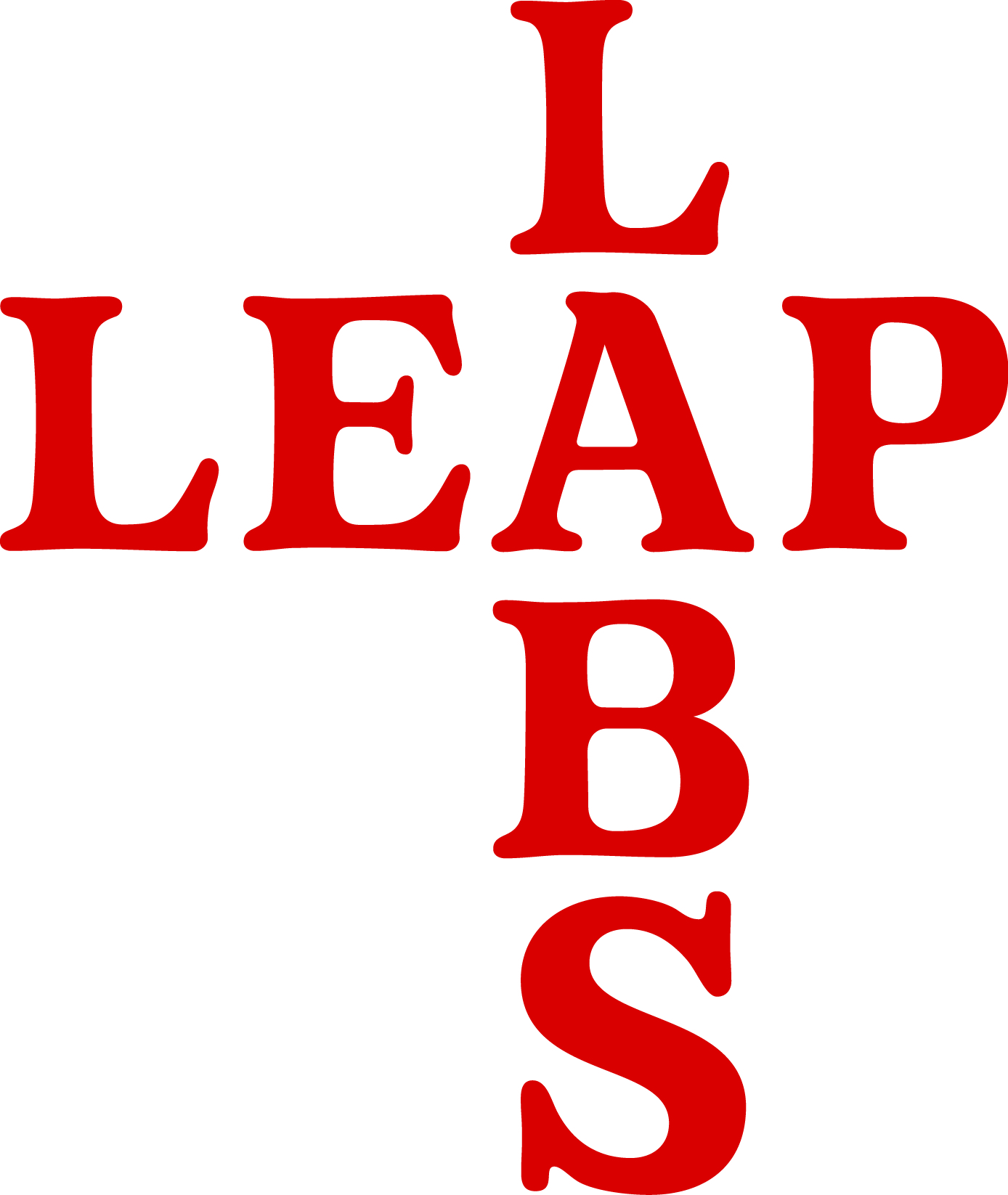Calla Henkel & Max Pitegoff’s New Theater
| December 7, 2015

Artists Calla Henkel and Max Pitegoff’s New Theater originates from, amongst other things, the desire to reimagine relational art in the particular context of a niche American art world in Berlin, whose ecosystem is already under the gentrifying influence of the city’s increasing popularity as a destination for creative transplants. The twenty-something Cooper Union graduates’ (mainly photographic) practice foregrounds the social networks and economic activities underlining art production and amplified in the globally mobile expatriate community, which have led them, quite logically, to the practice of theater.

Opened in Kreuzberg in 2013, New Theater functions as a bar, social space, and independent theater, staging plays built on and reflective of their collaborative processes, from writing and acting to set and costume design. Titled Apartment (Mother Courage) and performed at the new Whitney Museum over two consecutive weekends, the duo’s latest play chronicles an unsuccessful fundraiser on a May Day to save a Berlin watering hole—the last vestiges of an earlier, more radical/alternative time that the regulars grumpily reminisce about. Featuring a roster of friends and frequent collaborators, an eclectic set, kitschy music, and DIY aesthetics, the performance delights with goofy acting, dry humor, and self-conscious one-liners that alternative between cliché and piercing, Brechtian analysis of the precarity and complicity of the young artist’s life and community.

That Henkel and Pitegoff have recreated the intimate scale and self-selective identification at the Whitney is remarkable: on closing night, a fashionable, Tecate-drinking crowd from seemingly overlapping social circles overcrowded the theater as they would the bar, but here in New York, degrees of separation translate into a sense of exclusion and hierarchy amongst the audience that perhaps tells us more about the local situation than art communities in Europe. In this sense, Henkel and Pitegoff’s work functions as an institutional barometer that implicates and interrogates the audience on equal footing with all other parties involved. The play’s inevitably anticlimactic ending also echoes the fate of New Theater, which closed earlier this year having failed to renew the lease. And it is perhaps only fitting that the project should see its conclusion in Renzo Piano’s building, the biggest jewel that crowned New York’s Meatpacking District and the Highline’s real estate miracle. New Theater’s site-specific method and unusual blend of the infrastructural realities of art and the social, collaborative construction of theater reminds us once again that in the art world, all Gesellschaft is Gemeinschaft.



